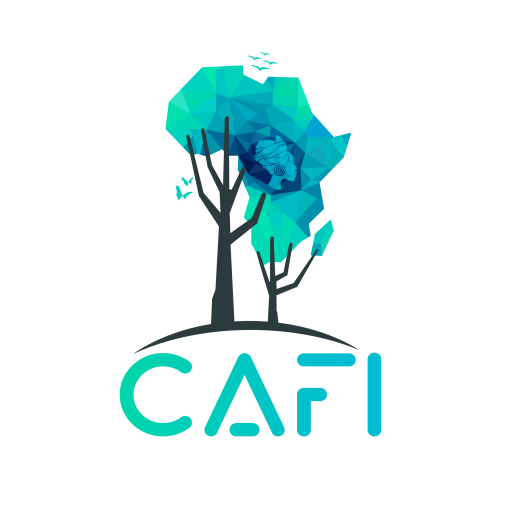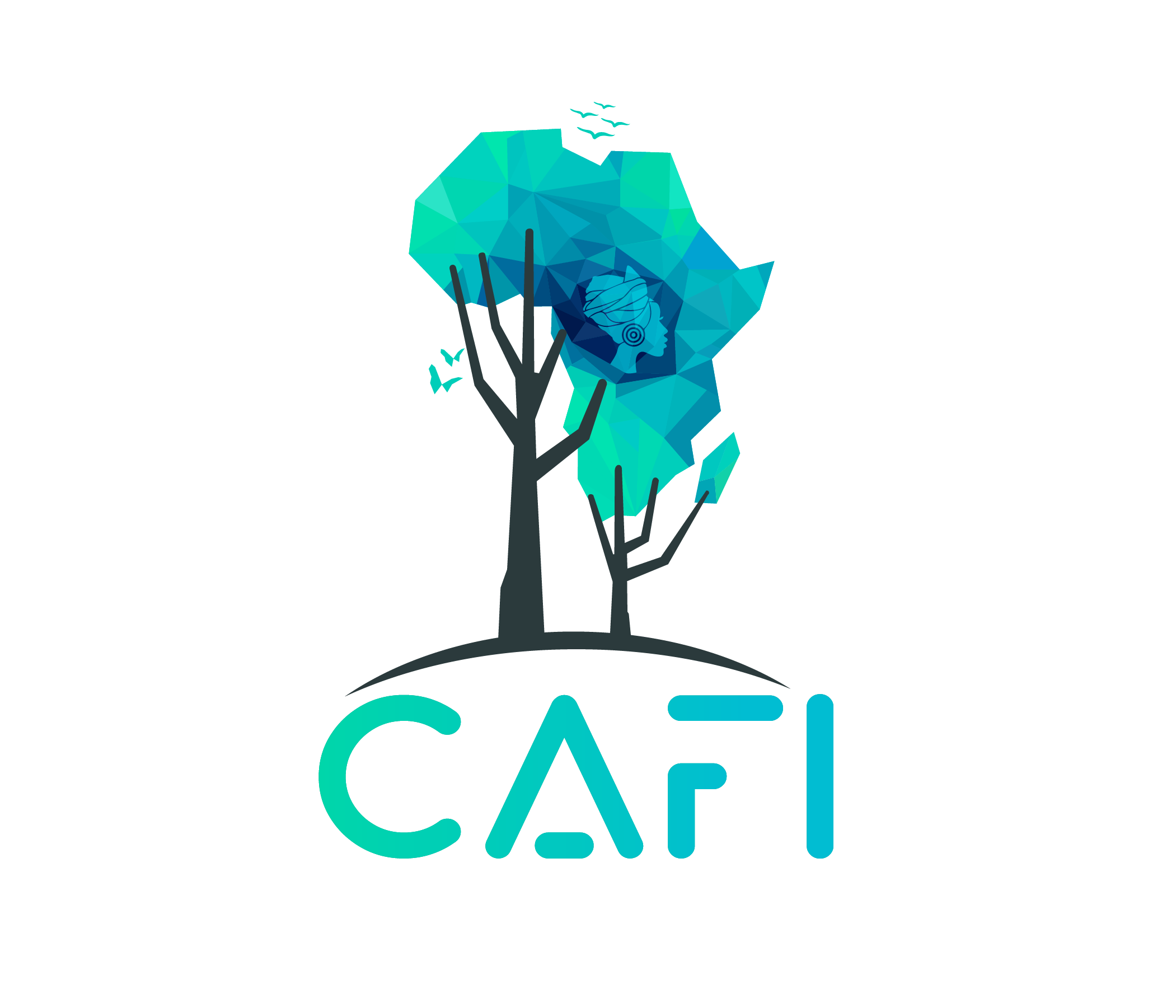Family farming, while essential for subsistence in the DRC, suffers from limited access to inputs, technical services, and markets, and remains reliant on extensive practices such as slash-and-burn agriculture. This situation contributes to deforestation, low productivity, and precarious living conditions. The Government has launched the Local Development programme for the 145 territories (PDL-145T) to transform living conditions in rural areas, with a focus on boosting the local economy, particularly through sustainable agriculture. The project to support Family agriculture, funded by CAFI through the FONAREDD as well as with co-funding from the Government, is part of the PDL-145T.
Sustainable family agriculture in DRC’s 145 territories
Countries:
The Democratic Republic of the Congo
Topics:
Agriculture
Status:
Funds Transferred
Amount:
$45,000,000 USD
Start Date:
10/10/2024
End Date:
29/08/2027
Implementing Organizations:
UNDP
National Partners:
Ministry of AgricultureDRC National REDD Fund (FONAREDD)
Timeline
Objectives
The project to support family agriculture, within the framework of the PDL 145T, aims to rapidly and sustainably increase agricultural production and productivity (cassava, maize, peanuts, legumes) through the development of inclusive value chains. More specifically, it seeks to:
- Ensure the supply of improved varieties resistant to crop pests and climate change for cassava, maize, peanuts, and other legumes, to meet the country’s food security needs.
- Increase the cultivated areas in the short term for short-cycle crops (maize, peanuts, beans) by adopting improved and sustainable techniques, while reducing pressure on forests.
- Strengthen storage and processing capacities to improve the efficiency of value chains, reduce pressure on financial margin distribution, stimulate local economies, and improve living conditions in rural communities.
million dollars approved
million dollars transferred
millions in domestic co-funding
Results to date
By end 2024, the project has :
- Acquired certified first-generation and seeds from high-performing agricultural multipliers for agricultural seasons A and B of 2025.
- Developed, in a participatory manner, a selection criterion for priority territories, taking into account deforestation challenges.


